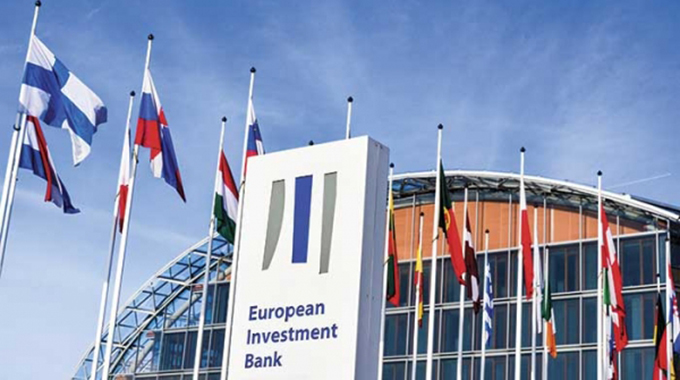EU loan proof re-engagement is bearing fruit

Political Editor
THE extension of a US$18 million loan facility by the European Union-backed European Investment Bank (EIB) to CABS after a two-decade hiatus is a signal that the world is now ready to work with Zimbabwe as the country’s re-engagement agenda pays off, political and economic analysts said.
Riding on President Mnangagwa’s re-engagement drive, as well as his “Zimbabwe is Open for Business” mantra, the country has managed to engage in constructive dialogue with the EU, United Kingdom and United States, something that, prior to November 2017, was virtually non-existent.
Over the past two decades the country has suffered under sanctions that Western capitals imposed on Zimbabwe as punishment for the land reform programme but since the dawn of the Second Republic the country has made it its policy to re-engage all countries even those that were previously reticent.
Consequently, former hostile nations are now embracing Zimbabwe as was demonstrated by the extension of the US$18 million facility to help private firms cope with the negative effects of Covid-19.
Economic analyst Mr Eddie Cross said the economic stabilisation and reform programme as well as key reforms in the economy, such as the Reserve Bank of Zimbabwe’s (RBZ) auction exchange rate are paying off.
“This is a very positive development and one that signals that the economic stabilisation and reform programme is starting to signal that we are, once again, a secure and stable country for normal bank activity. It does signal that major Western nations are prepared to re-engage politically,” he said.
On economic reform, Mr Cross said progress made include the taming of inflation and subsequent stabilisation of prices.
“There is no doubt that this team that took over in 2017 has committed itself to fundamental and substantial changes, you can see that in the way the economy has responded, not only in agriculture and mining, not only in the recovery of international commodities but everywhere,” he said.
The analysts said the long term loan is an indication of the thawing of relations between Zimbabwe and the EU after two decades characterised by tensions and could open more lines of credit for Zimbabwe which has been going it alone all the while.
Another economic analyst, Mr Persistent Gwanyanya said the loan extended to Zimbabwe is a sign of thawing relations between Zimbabwe and the West, especially Europe.
“With such loans the foreign currency liquidity is going to improve which also helps us in a big way in that the external lines of credit are beginning to open up at a time we need to support the local currency, at a time we need to support the economic imperatives in place and also at a time we need to rebuild our country.”
He commended the engage and re-engagement exercise initiated by the Second Republic which is now bearing fruits.
“We are not living in a closed world. We are indeed living in an interdependent global economy. So the increase in relationships with the external world, especially the West, is very important to Zimbabwe today. We expect to see more such facilities coming,” said Mr Gwanyanya.
Social and political commentator, Mr Collen Mharadzano said Zimbabwe is slowly but certainly moving out of the woods through its pragmatic and locally fashioned economic policies.
He said the current NDS-1 which is a sequel to the Transitional Stabilisation Programme gives credence to the assertion that the country has finally found the economic remedies.
“This, buttressed with a well thought out engagement and re-engagement drive has indeed led to the availing of the US$18 million meant to cushion all Covid-19 afflicted companies. It is only fair to give kudos to His Excellency the President Cde Dr ED Mnangagwa for spearheading such a noble crusade in order to permanently ameliorate poverty from within our society,” said Mr Mharadzano
All signs point to an unprecedented economic growth spurred by a robust agriculture sector which will revolutionise the economy.
The EIB last did business in Zimbabwe in 1999, after almost 20 years in the country. Through the 1980s and 90s, previous EIB clients included ZESA, Art Corporation, the CSC and Harare’s sewerage system. EIB then cut off Zimbabwe over unpaid loans; Zimbabwe owes the bank a total of US$345 million, according to Treasury data.
Due to the illegal sanctions imposed on Zimbabwe by the West as punishment for the successful land reform programme, the country has lost billions of dollars of investment.
Deprived access to lines of credit, the country has had to fund its projects through mobilisation of local resources.








Comments